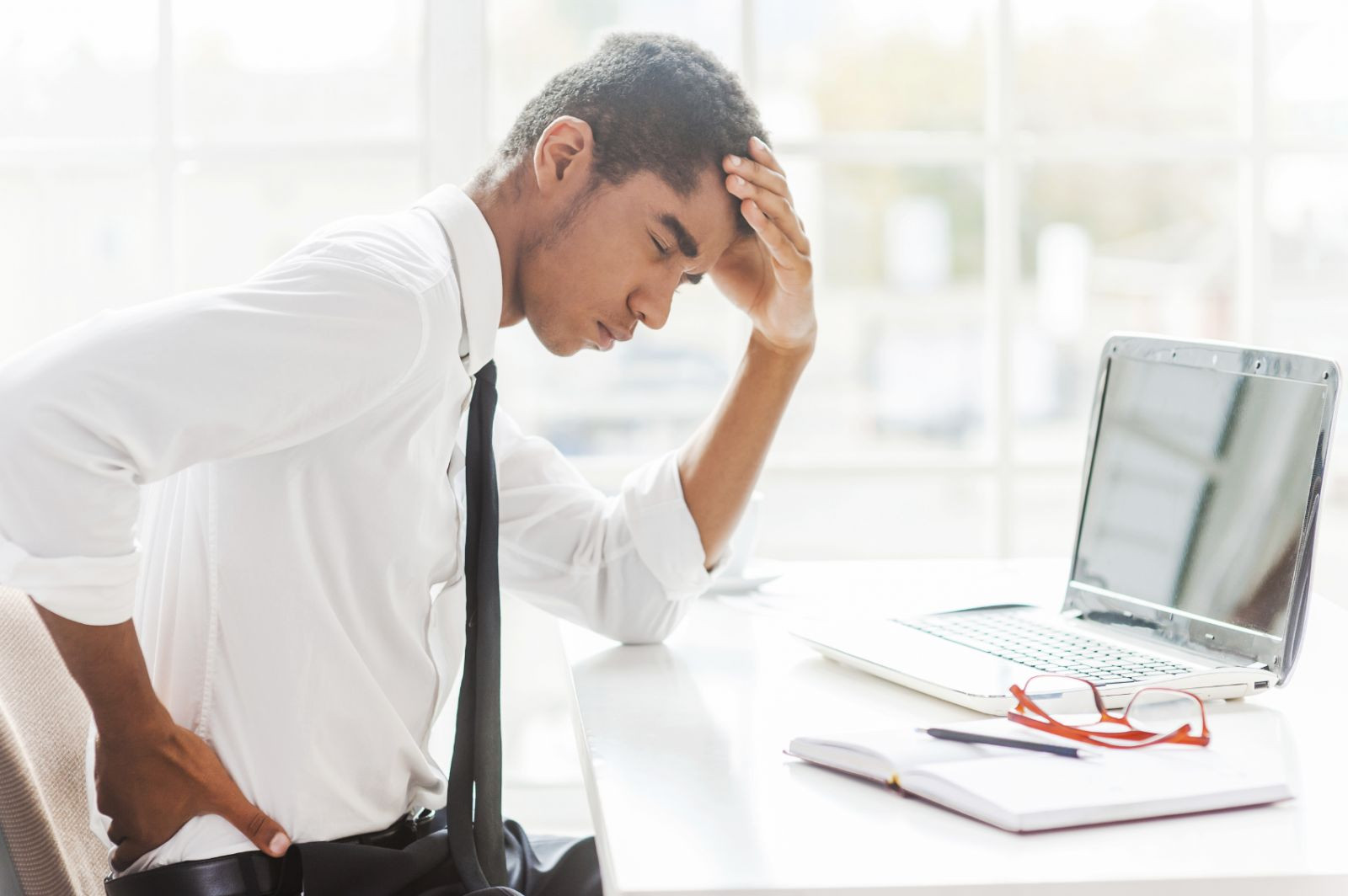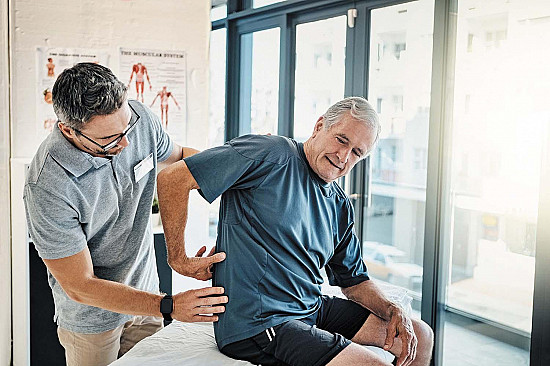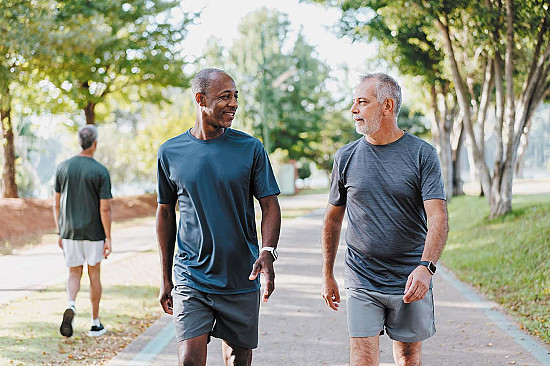
5 timeless habits for better health

What are the symptoms of prostate cancer?

Is your breakfast cereal healthy?

When pain signals an emergency: Symptoms you should never ignore

Does exercise give you energy?

Acupuncture for pain relief: How it works and what to expect

How to avoid jet lag: Tips for staying alert when you travel

Biofeedback therapy: How it works and how it can help relieve pain

Best vitamins and minerals for energy

Should you take probiotics with antibiotics?
Home remedies for low back pain
80% of people will experience back pain at some time, but there are ways to find relief.
As people enter middle age, they are more likely to experience bouts of low back pain. In fact, according to the Harvard Health Publishing Special Health Report Men's Health: Fifty and Forward, back pain affects about four in five Americans at some point in their lives and equally strikes men and women.
What causes lower back pain?
Age is often the culprit. Over time, the bones and joints in your lower back begin to change. Your discs (the structures that serve as cushions between the bones in the spine) tend to wear out and sometimes become fragmented. These structural alterations sometimes cause pain.
Another cause of low back pain, although it occurs less often, is a herniated disc. Sometimes, a disc pushes outside the space between the bones and compresses a nerve at the point where it branches off the spinal cord. When the sciatic nerve that leads into the buttocks and leg is affected, the pain is called sciatica.
Yet, most cases of low back pain stem from strain or sprain due to simple overuse, unaccustomed activity, excessive lifting, or an accident. In most cases the best move is to wait and see if the pain resolves on its own. If the pain does not improve after three to four days, then it's time to see a doctor.
How to help with lower back pain
Depending on the source of your back pain and its severity, you might try a few home remedies for low back pain to help ease the pain until your back returns to normal. Here are several options to consider:
Cold and heat therapies
It's best to use cold compresses or an ice pack, not heat, immediately following a back injury, since this can alleviate pain by numbing the area and prevent or reduce swelling. About 48 hours after the onset of back pain, though, applying heating pads or a hot-water bottle to your back may be helpful. The warmth soothes and relaxes aching muscles and increases blood flow, which helps the healing process. Keep in mind that heat therapy is only helpful for the first week.
Limited bed rest
Once the mainstay of treatment for back pain, bed rest has fallen out of favor. Doctors now know it's better to keep moving, so that your muscles don't become stiff. Bed rest can still be useful relief from low back pain, particularly if your pain is so severe that it hurts to sit or stand. But try to limit it to a few hours at a time and for no more than one or two days.
Physical activity
Exercise helps build strong, flexible muscles that will be less prone to injury. It can also help the healing process for an aching back, prevent problems in the future, and improve function. Work with your doctor to develop an exercise program, or seek a referral to another health professional who can. A good program typically includes the three major forms of exercise: aerobic activity, strength training, and flexibility exercises.
Complementary therapies
Several types of complementary therapy may be helpful for relief from low back pain. These include:
- acupuncture, in which therapists insert hair-thin sterilized needles into precise points in the body to release blocked energy
- spinal manipulation, in which chiropractors apply pressure directly to the body to correct spinal alignment
- therapeutic massage to relax aching muscles
- movement therapies, such as yoga and tai chi, which can help stretch and strengthen back muscles.
Although the evidence is mixed about whether these therapies are effective, when they do work, it is often when they are combined with the other home remedies for low back pain.
How long does back pain last?
How long your back pain lasts will depend on its cause. For example:
- Back pain caused by strain from overexertion usually subsides over days or weeks.
- Back pain caused by the weight of pregnancy will usually be relieved after delivery of the baby.
- People who are obese may need to lose weight before back pain eases.
- Back pain caused by pyelonephritis is often relieved within days starting antibiotics.
- People with more serious forms of back pain caused by problems with the vertebrae or spinal nerves may have more persistent back pain that lasts for months and may last for years.
Disclaimer:
As a service to our readers, Harvard Health Publishing provides access to our library of archived content. Please note the date of last review or update on all articles.
No content on this site, regardless of date, should ever be used as a substitute for direct medical advice from your doctor or other qualified clinician.

5 timeless habits for better health

What are the symptoms of prostate cancer?

Is your breakfast cereal healthy?

When pain signals an emergency: Symptoms you should never ignore

Does exercise give you energy?

Acupuncture for pain relief: How it works and what to expect

How to avoid jet lag: Tips for staying alert when you travel

Biofeedback therapy: How it works and how it can help relieve pain

Best vitamins and minerals for energy

Should you take probiotics with antibiotics?
Free Healthbeat Signup
Get the latest in health news delivered to your inbox!
Sign Up





